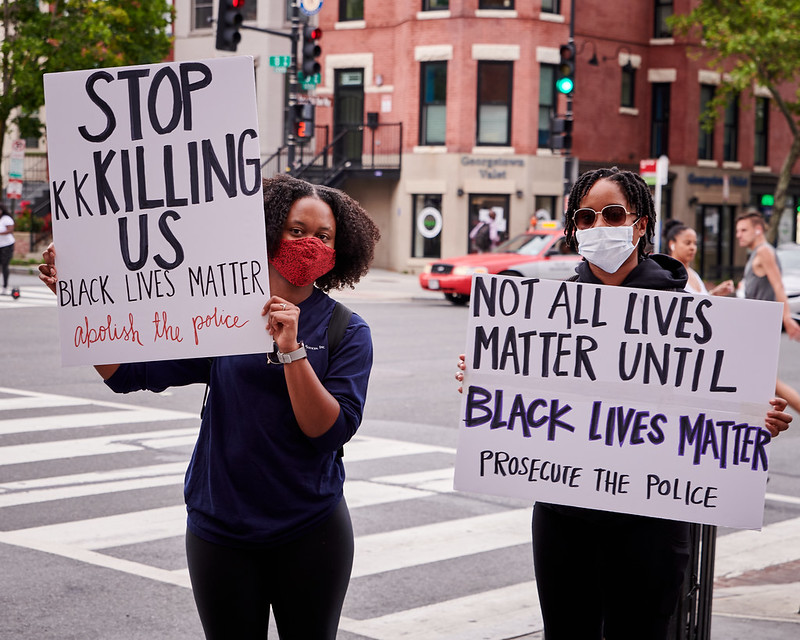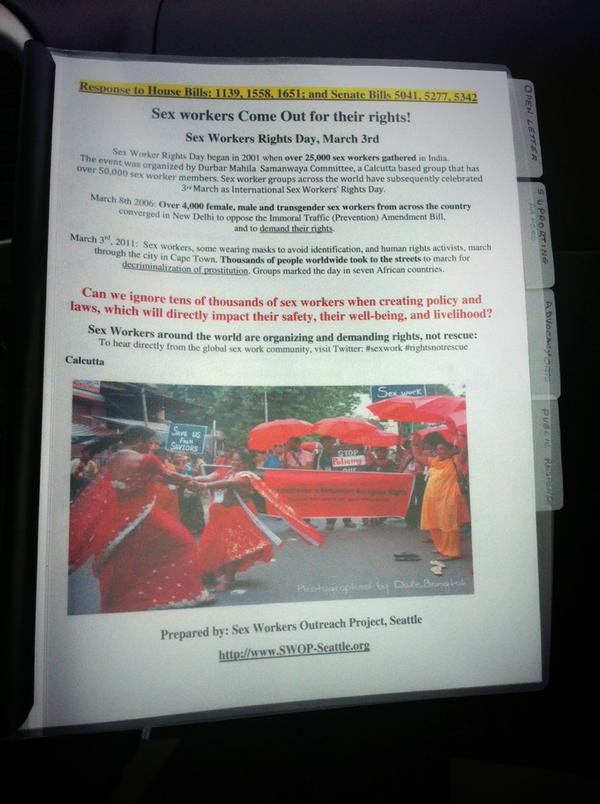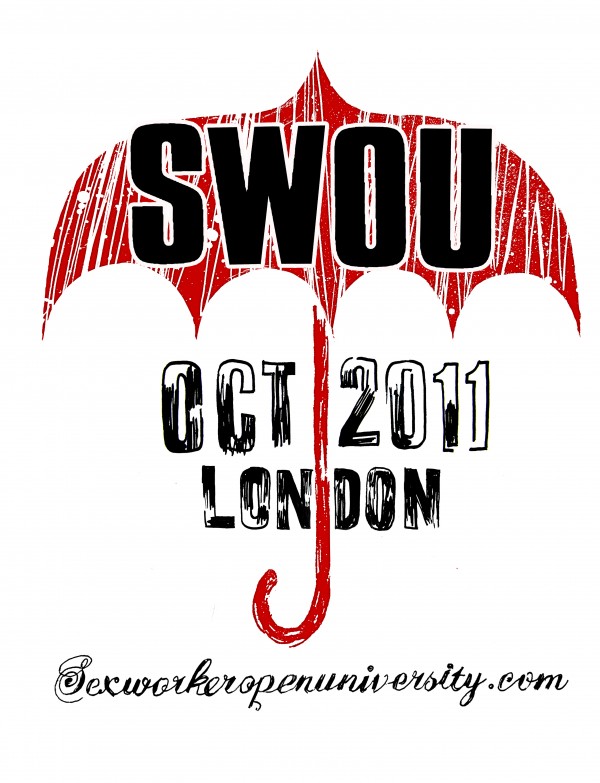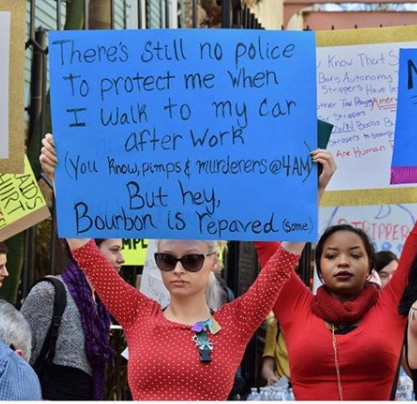“Dragged Off By The Hair”: An Indian Sex Worker Recalls a Raid
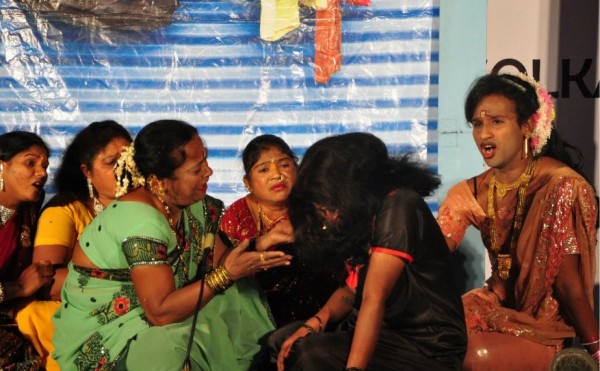
Sitting in a warm room in Phnom Penh with several other women from the Asia Pacific region, Kamalabai Pani, a sex worker and a board member of Veshya Anyay Mukti Parishad (VAMP, Prostitutes’ Collective Against Injustice) in India, became visibly upset when discussion turned to the efforts of U.S.-led feminist groups to discredit several United Nations bodies’ recommendations to decriminalize sex work in support of HIV prevention. These recommendations have been welcomed by sex worker-led groups as they believe criminalization endangers not only condom use but their very livelihoods.
In their writings and speeches, Western feminist groups have used the tactic of labeling sex worker collectives—essentially a form of trade union—as “promoters of prostitution” and “traffickers.” This lack of logic infuriates sex worker union advocates and the impact on sex workers’ lives is far more severe.
A warm woman with a demeanor of quiet strength, Pani spoke with anger recalling the raid on the VAMP community on May 20th, 2005. “These guys came to our brothel area and gave out contraceptives and sweets. Then they asked us details about the girls, how much they studied and things like that. The next day, a Friday, then came the police. There were about 40 people in plain clothes, 20-30 police in six vehicles that came to the red light area of Gokulnagar. They blocked off about five lanes and the houses. They did not ask us anything, they just came in.”
